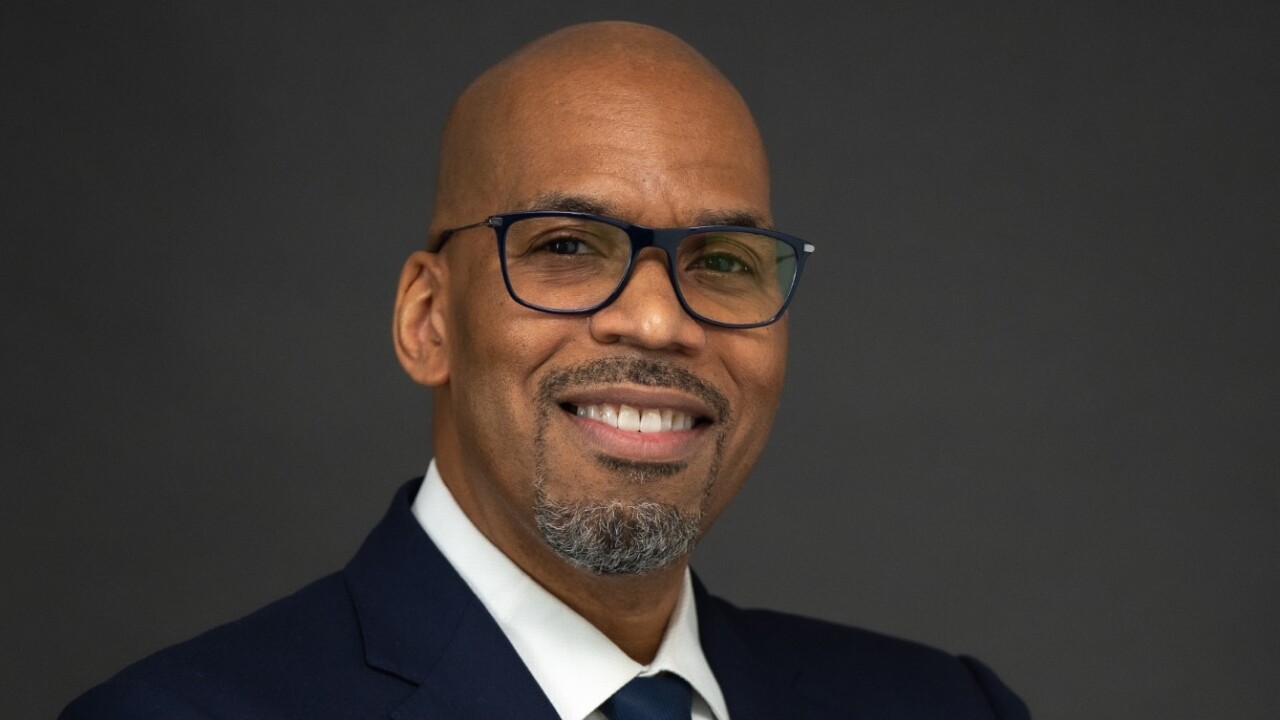Dan Geraci is the chief executive officer of Pioneer Investment Management and a pretty sharp fellow. Recently, he came up with 10 questions relating to how to choose the right financial planner. Here's what should be asked if you're the prospective client:
- Who are your typical clients? Geraci believes that the customer must ask for references to make sure the planner does work with similar people.
- What's your philosophy regarding investment decisions? In other words do you follow a strict investment profile or do you tailor the portfolio to each individual? How does the planner determine the asset allocation?
- What’s your investment style? Is it diversified or is there an emphasis in one area? Do you recommend individual stocks and bonds or mutual funds? And, of course, why?
- How do you determine the acceptable level of risk? A good advisor, says Geraci, should ask for an example of an investment that the client is considering and to help articulate his or her own criteria for it.
- How do you manage risk? Does the planner have, for instance, downside targets that signal when to make a change or do their targets only indicate when to get out if the stock is going up? Do they even place a mental or physical stop/loss collar on every stock bought?
- What were the best--and worst--investments during the past five years? It would be good for the client find out why the recommendations were made in the first place. Ask for the planner's current economic outlook and how such a conclusion was reached.
- How knowledgeable is the planner about the entire framework of the services provided? For instance, do they have access to managed accounts or just mutual funds? Can they reach out to other areas?
- How often does the planner communicate with clients and by what means? Is it by phone once a month or is there a quarterly newsletter?
- How often is the portfolio reviewed? This is crucial. Is it regularly monitored and by what means?
- What's the compensation? The client must understand specifically how payment works. Is there an annual fee for the planner's time and services or is there a percentage of assets paid? Keep in mind that at full-service brokerage firms, you may pay as much as three percent of your investment dollars as a commission on transactions.
For the most part, Geraci ascribes to a rather interesting philosophy. "Forget your ego, forget your advisor's ego. It's your money!"





